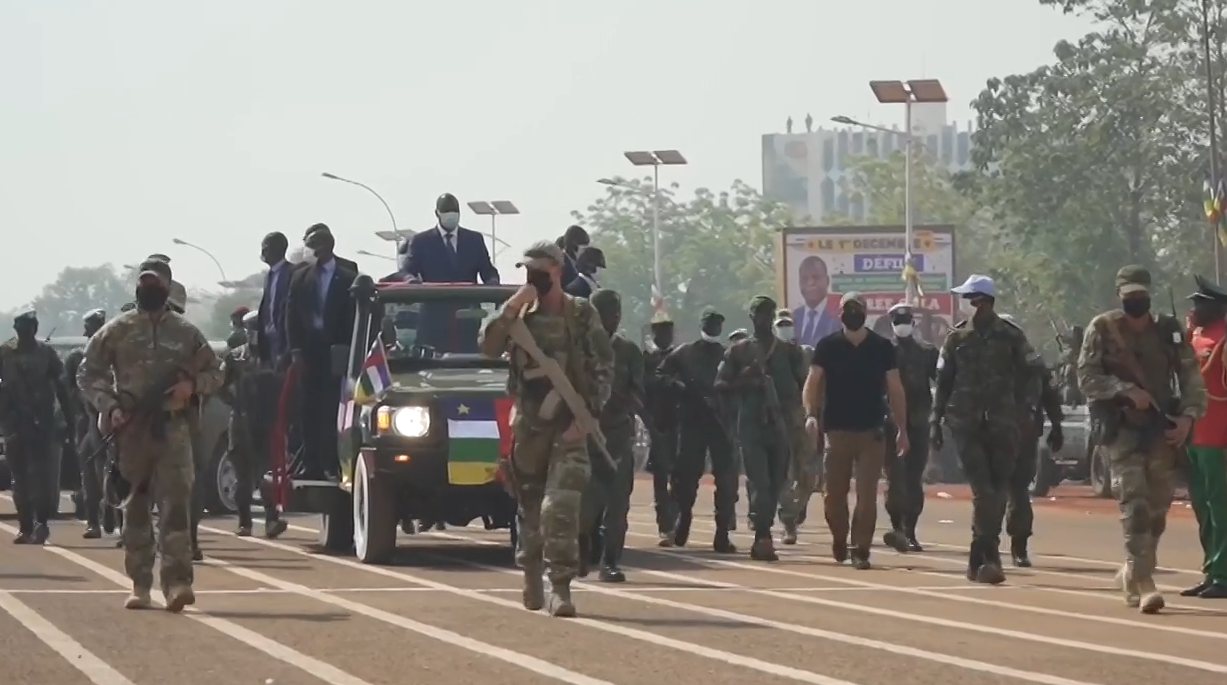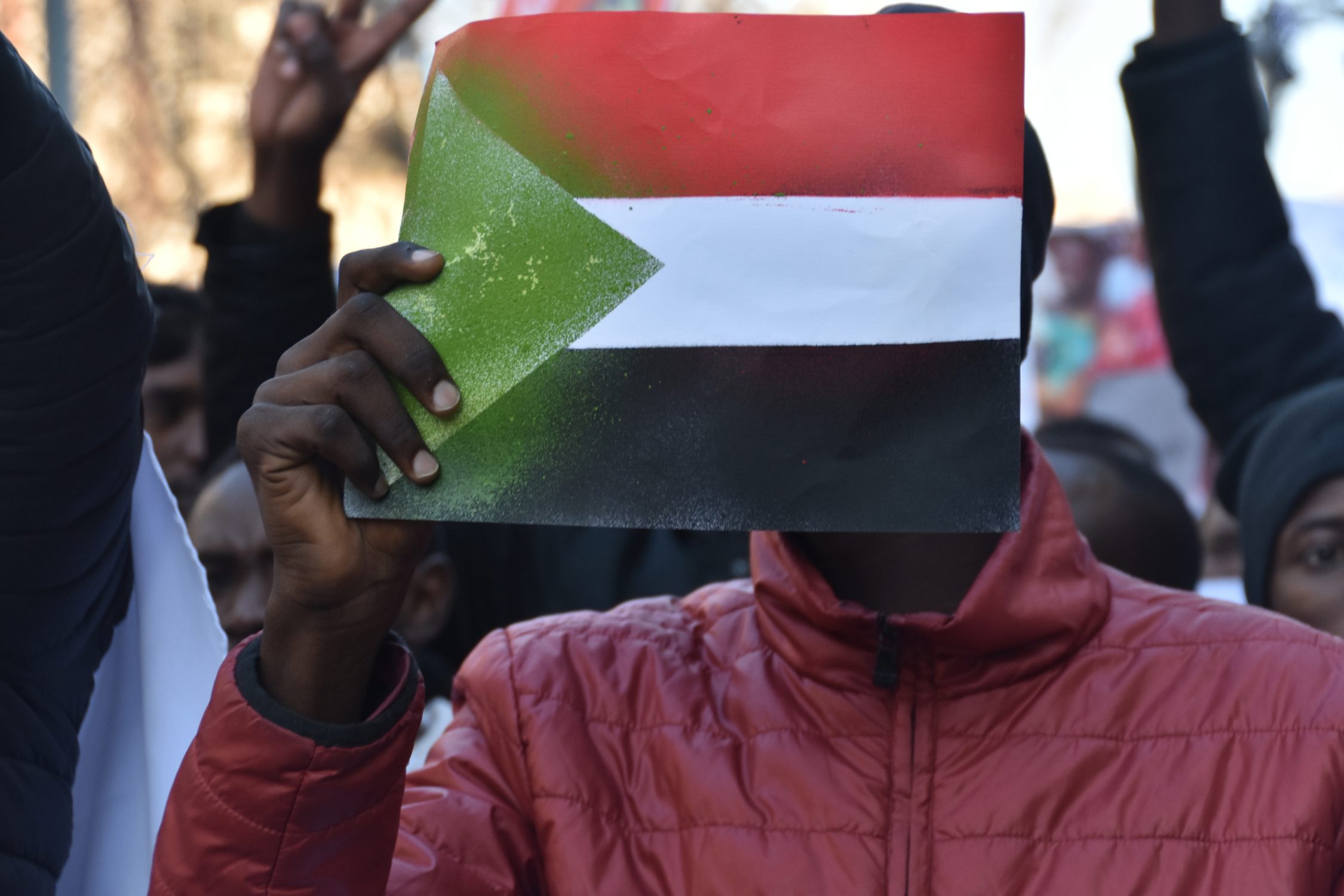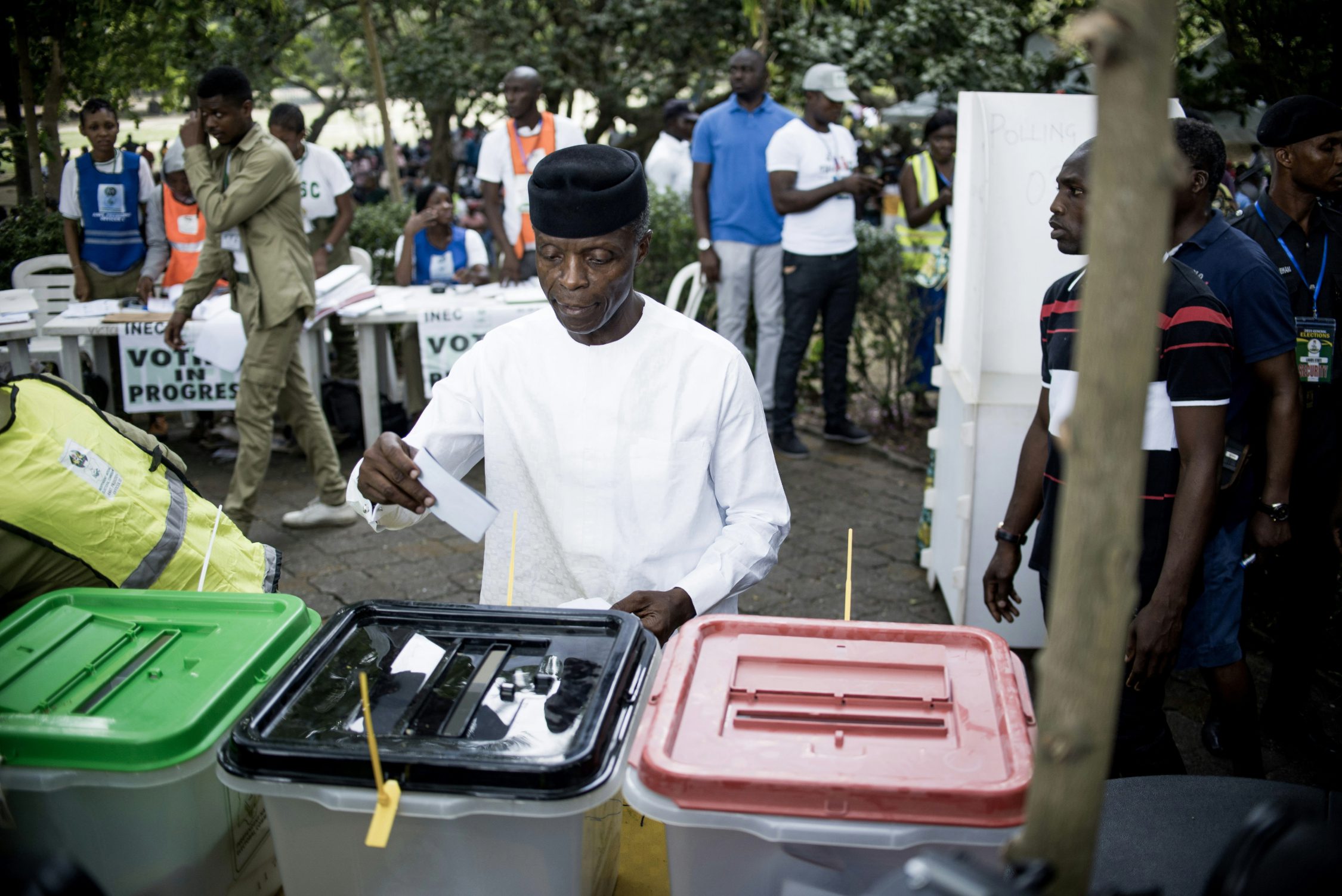Kiana C.H. Nedele
The Wagner Group’s presence and operations on the continent of Africa have sparked concerns and debate across both local media and international platforms alike. First thought to be just another Russian mercenary group, the Wagner Group exists as part of a greater network of companies and soldiers. The greater Wagner Group network has close links with key Russian government actors and agencies, and the network has proliferated in close concert with increased overtures and activity on the part of the Russian state. This apparent interweaving of public and
private actors begs the question of how independent the Wagner Group and connected companies really are, or, to put it more bluntly, to what extent this network operates as another, unofficial arm of the Russian state versus as a private actor seeking independent gain and profit.
One of the difficulties in framing this analysis, at least for Western observers, lies in the divergence from Western frameworks and classifications for understanding state strategy and strength, particularly in how Russia uses and talks about using the Wagner Group to exercise and develop influence in other countries. At the same time, the Wagner Group’s operations and organization not only remain veiled in layers of secrecy and obfuscation but also shift from location to location, making it difficult for outsiders to draw a conclusive, consistent picture of the organization.

No other Russian mercenary group, as far as anyone is aware, has the same integration and coordination with private funding and interests like the Wagner Group does.
This project aims to examine Russian official and paramilitary moves in central Africa 2017-May 2022 with an emphasis on the outsized role of the greater Wagner Group network, looking at the interplay of motivations and receptions from the Russian and African perspectives. Although according to the group itself, the name “Wagner Group” properly refers to the mercenary soldiers alone, the mercenaries operate in concert with other companies all connecting back to the Russian oligarch Evgeny Prigozhin. Rather than focusing exclusively on the soldiers-for-hire, this project examines how the network as a whole operates in various African states. The analysis focuses on what and how Russian-linked actors are expanding influence, and in what ways their offers are accepted and taken advantage of by local actors; this involves in-depth case studies for Russian relations with Sudan, the Central African Republic, and Mali.
Throughout, the aim is to explore not only Russian motivation and gains, but the reception and participation by local actors and populations in order to gauge to what extent local African interests are also served or hampered by the Russian presence. Part of this effort entails criticizing and, to some extent, deconstructing the bilaterally framed Russia-Africa paradigm: although Russia’s outreach and increased relations with the countries studied here certainly follows a broad pattern, the precise methods and contours of the relationships are defined by the individual African states themselves; and the success of various Russian ventures in each country has also depended on their ability to adapt to local circumstances and contexts.
The paper begins by exploring Russian strategy towards the continent of Africa and how moves there fit into larger geopolitical goals. It then turns to the Prigozhin network and the Wagner Group, including their structure, abilities, and relationship(s) with the Russian state. The rest of the paper examines Russian relations with African countries bilaterally, beginning with Madagascar and Mozambique, followed by in-depth studies of official and unofficial Russian dealings in Sudan, the Central African Republic, and Mali. It finishes by considering potential expansions for the Russia/ Wagner presence, the impact of the Russian invasion of Ukraine, and possible paths forward for these closely-entwined countries.



